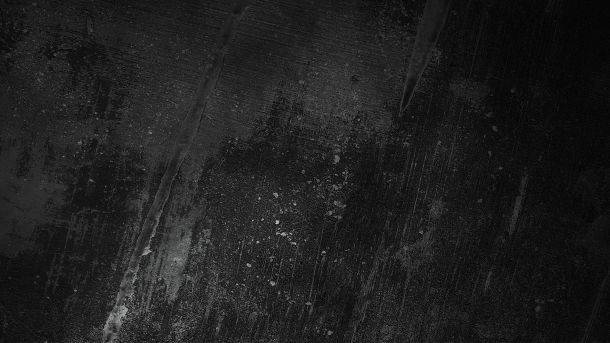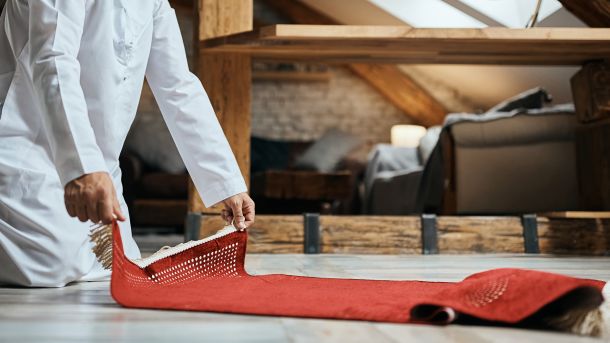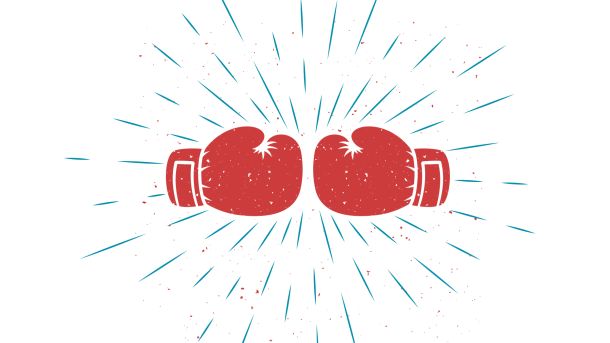News Archive
Jun 15, 2007
The Kufr of Ibn ʿArabī
I asked our Shaykh Sirāj al-Dīn al-Balqīnī about ibn ʿArabī and he promptly replied that he was a kāfir.
al-hamdulillāh wa al-ṣalātu wa as-salām ʿalá nabīyyinā wa-ḥabiibnā Muḥammad
In reply to a post asking to name scholars who declared ibn ʿArabī to be a disbeliever then one of the Imāms of his time, al-Allāmah Burhān ad-Dīn al-Balqīnī [809-885H] authored a work entirely devoted to this in which he mentions the names and statements of tens of scholars from the time of ibn ʿArabī to his time who declared him to be a disbeliever. He mentions even more who declared him to be a deviant and wor…
Jun 15, 2007
The Ḥadīth on Najd
A ḥadīth which has some controversy surrounding it due to obvious sectarian reasons. A ḥadīth which has been (deliberately) misunderstood by certain groups of people in order that they may spread their misguidance and deceive ignorant Muslims.
The Messenger of Allāh ﷺ, said, “O Allāh bestow your blessings on our Shām. O Allāh bestow your blessings on our Yemen.” The people said, “O Messenger of Allāh, and our Najd.” I think the third time the Prophet ﷺ, said, “There (in Najd) will occur earthquakes, trials and tribulations, and from their appears the Horn of Satan.”
Reported in al-Bukhārī […
Jun 15, 2007
Kissing the Fingers
Amongst these narrations he mentions is one from Khidr that whosoever does this then he will never go blind or be afflicted with eye infection.
The following statement was made recently:
As for the action of kissing the thumbs and rubibng the eyes Ḥadīth tells us that Sayyidina Abū Bakr(rao) and the Sahaba had this practice and we do this also. We are told in Ḥadīth that whoever does this will have safety from the hellfire. Who told you these things were not allowed in Islām?
The ḥadīth being referred to is reported in ‘Musnad al-Firdaws’ of ad-Daylamee, may Allāh have mercy upon…
Jun 15, 2007
On the Use of Tamīmah/Taʿwīdh
This is what is depended upon to hang taʿwādhāt on the necks of young children and it has criticism [fī-hī kalām]
Bismillah Walhamdulillah wa-al-Ṣalātu wa-al-Salām ʿalá Rasulillah
alhamdulillāh wa-al-ṣalātu wa-al-salāmu ʿalá nabiyyinā wa habeeibnaa Muḥammad
The ḥadīth of ʿAmr ibn Shu`ayb, from his father, from his grandfather [`Amr ibn al-`Aas], that the Messenger of Allāh ﷺ used to teach them for fearful situations the words: ‘I seek refuge in Allāh’s perfect words from His wrath, the evil of His servants, the whispered insinuations of devils, and lest they come to me.’ ʿAbdullāh ibn `Amr…
Jun 15, 2007
A Clarification of Doubts Regarding Waḥdah al-Wujūd
For verily the affirmation of a thing in an abstract sense from all of the Attributes means one cannot picture it existing outside of that. And the mind will only be left thinking that it does not exist, and that is the most extreme form of taʿtīl (denial).
Al-ʿAllāmah Ibn Abū al-ʿIzz al-ḤanafīAl-ʿAllāmah Ibn Abū al-ʿIzz al-Ḥanafī said:1
“So verily the deniers of Allāh’s Attributes enter the denial of the Attributes [into] the naming of Tawḥīd, such as Jahm Ibn Ṣafwān2 and his followers. For verily they say, “Affirming the Attributes necessitates that Al Wājib3 is numerous.” And this statem…
Jun 15, 2007
On Visiting the Prophet’s ﷺ Grave
All of the aḥādīth about visiting his grave are daʿīf, and are not to be relied upon in matters of religion. For this reason none of the authors of books of Ṣaḥīḥ and Sunan reported them at all.
Al-Daaraqutni reported in his Sunan (2/278) with an isnād from Haatib that the Messenger of Allāh (peace and blessings of Allāh be upon him) said: “Whoever visits me after I die, it is as if he visited me when I was still alive…” This is a ḥadīth that many of the scholars of ḥadīth judged to be false and not to have been reported with a ṣaḥīḥ isnād from the Prophet (peace and blessings of Allāh be up…
Jun 15, 2007
The Prohibition of Taking Graves as Places of Worship
Shall I not send you for what the Messenger of Allāh ﷺ sent me? That you deface all statues and pictures and that you level all elevated graves.
[1] Jundub Ibn ʿAbdullāh al-Bajalī said that he heard the Prophet ﷺ say – five days before he died: “Verily those before you took the graves of their Prophets and righteous people as places of worship, so do not take the graves as places of worship. Indeed I forbid you from this!”
[2] From Abū Hurayrah that the Messenger of Allāh ﷺ said: “O Allāh, do not turn my grave into an idol. May the curse of Allāh be upon those who take the graves…
Jun 15, 2007
Questions Answered on Jamāʿat al-Tablīgh
A grand expose of the extremely partisan, neo-Ṣūfī group known as ‘Jama’aatut-Tableegh’. The noble Shaykh, ʿʿUbayd al-Jābirī answers several questions about the Indian-based group, their ʿaqīdah, manhaj, roots and goals. The answers illustrate the extremely ḥizbī nature of this group, their abomination of ‘al-daʿwah ill-Allāh’, destruction of the term ‘fī-sabīl Allāh’, corruption of the concept of tawḥīd, abandonment of the manhaj al-anbiyāʾ, deep roots in Ṣūfiyyah and foolish content with being attached to the party, devoid of seeking knowledge.
The Questions:
[Q1]: I am a youth who Allā…
Jun 15, 2007
Issues of Criticism Concerning al-Jamāʿah al-Tablīgh
You will find many innovations amongst them. Rather, their daʿwah (call) is built upon innovations.
Al-ʿAllāmah Muqbil ibn Hādī al-WādiʿīSo as for Jamāʿat al-Tablīgh, then in front of you is what the noble brother, Muḥammad Ibn ʿAbd al-Wahhāb al-Waṣṣābī – may Allāh preserve him – has written. So he said,
[1]: They act upon weak aḥādīth. Rather, they act upon fabricated aḥādīthand those that have no basis.
[2]: You will find many innovations amongst them. Rather, their daʿwah (call) is built upon innovations. The backbone of th…








